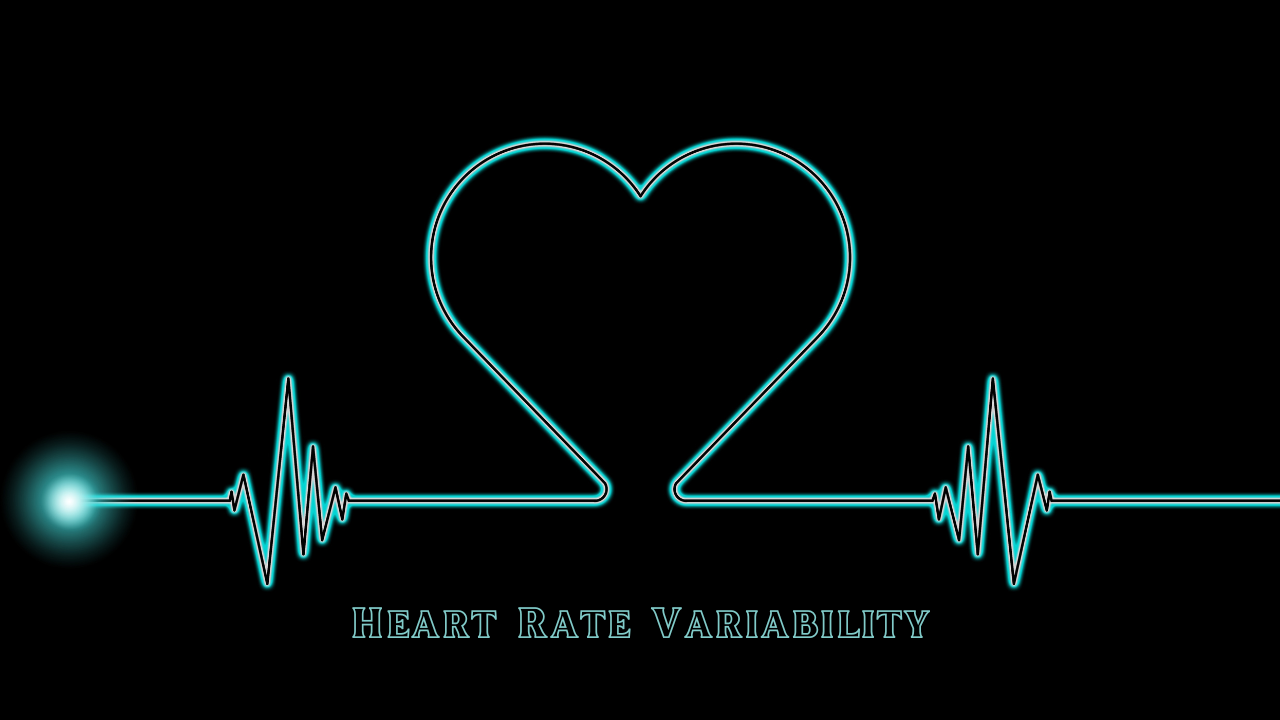For years, whole milk was labeled “unhealthy” because of its saturated fat. But modern research is clear: whole milk is not only safe—it’s powerful. Backed by recent studies, this blog breaks down why whole milk beats low-fat and plant-based alternatives when it comes to recovery, performance, and overall health. Learn what the science says and how to use whole milk in your daily routine for optimal results.
At Ascend Performance Nutrition, we follow science—not food fads. And when it comes to building muscle, recovering faster, and fueling performance, whole milk is making a comeback for a reason.
Here’s why it’s better than all other milks—and how to use it to your advantage.
⸻
🧬 1. Whole Milk Is Nutrient-Dense by Design
Whole milk delivers:
• Complete proteins (casein + whey)
• Fat-soluble vitamins (A, D, E, K)
• Calcium and essential fatty acids
When you strip out the fat, like in skim or low-fat milk, you also lose key nutrients—or have to artificially add them back in.
✅ Use whole milk in your morning coffee or oatmeal for longer-lasting energy and better nutrient absorption.
⸻
❤️ 2. Saturated Fat From Dairy Isn’t Bad
A 2021 review in Advances in Nutrition (Vors et al.) shows full-fat dairy is not linked to heart disease or Type 2 diabetes—and may even be protective.
The fats in whole milk help with:
• Hormone production
• Nutrient absorption
• Insulin sensitivity
✅ Swap out low-fat milk for whole milk daily—especially if you’re training hard or under stress.
⸻
💪 3. Whole Milk Supports Muscle Growth and Recovery
A 2020 study (Frestedt et al.) found that whole milk outperformed fat-free milk in muscle protein retention post-workout.
The fat slows digestion just enough to boost amino acid utilization—leading to better recovery and more gains.
✅ Post-training? Use whole milk in your shake with whey isolate and a banana.
⸻
🔥 4. Whole Milk Can Help Manage Body Composition
Whole milk is more satiating than skim, has a lower insulin response, and may aid in fat oxidation. Several studies show people who consume full-fat dairy don’t gain more fat—and may gain less.
✅ 1–2 servings a day of whole milk may help regulate appetite and support lean muscle mass.
⸻
🚀 Bottom Line: Whole Milk is a Performance Food
Forget outdated low-fat myths. Whole milk is natural, nutrient-rich, and recovery-friendly. At Ascend, we recommend it as a simple, effective upgrade for everyone.
⸻
Try This Protocol:
• Morning: 8 oz in coffee or with eggs
• Post-Workout: Smoothie with whole milk + whey
• Evening: Glass with dinner or before bed




Leave a comment
This site is protected by hCaptcha and the hCaptcha Privacy Policy and Terms of Service apply.